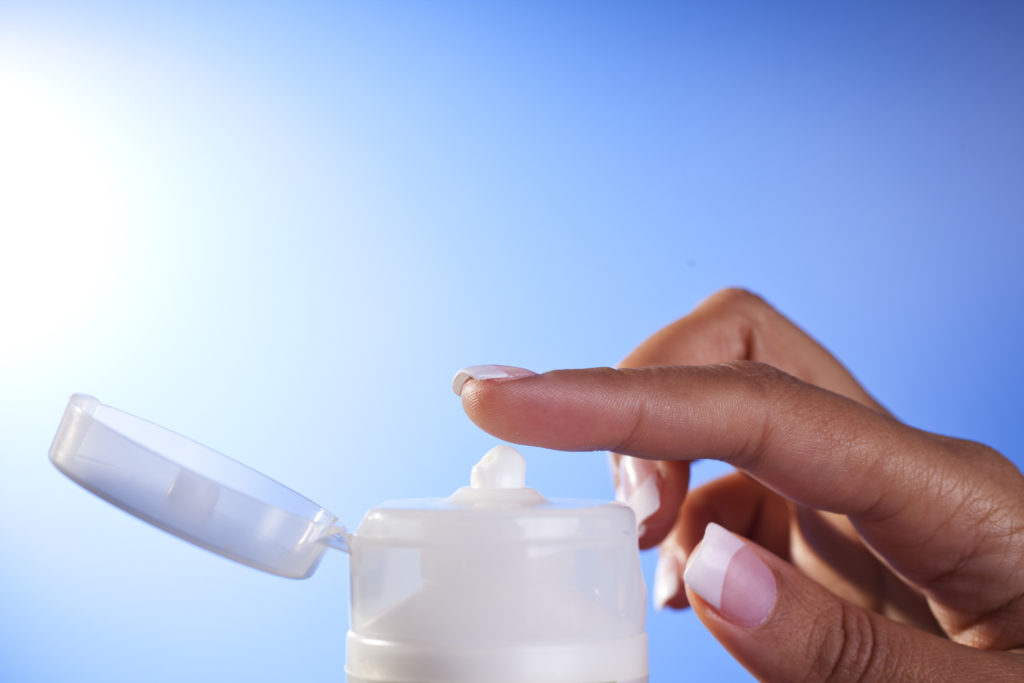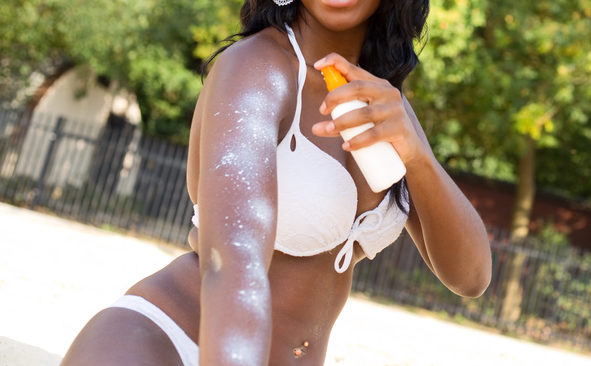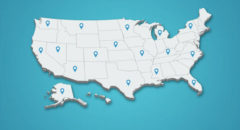
An independent testing lab is asking the Food and Drug Administration to recall nearly 80 sunscreen products with a cancer-causing chemical.
The lab, called Valisure, checks medications and other products for quality.
The company tested 300 sunscreen products and found that 27% of them contain Benzene, according to Valisure. High levels of benzene can cause cancer, particularly blood cancer, including leukemia.
Fourteen of the products contained benzene at levels higher than 2 parts per million (ppm). That’s the FDA’s recommended limit for benzene in medically valuable drugs that can’t be made without it.
To this point, Vailsure discovered that 78 items contain benzene. In turn, Valisure is urging the FDA to recall all of the impacted products.
“Valisure LLC has tested and detected high levels of benzene, a known human carcinogen, in several brands and batches of sunscreen, which are considered drug products by the Food and Drug Administration (FDA), as well as in after-sun care products, which are generally regulated by FDA as cosmetics,” the company said in a press release.
As to the testing and incidence of benzene, Valisure found that 27% of the samples they tested contained levels of benzene that were three times higher than the permissible amount.
“There is not a safe level of benzene that can exist in sunscreen products,” Dr. Christopher Bunick, MD, Ph.D., Associate Professor of Dermatology at Yale University said. “Even benzene at 0.1 ppm in a sunscreen could expose people to excessively high nanogram amounts of benzene.”

Why is Benzene so bad?
Detailing what Benzene is and why it’s particularly dangerous, the National Cancer Institute notes:
Benzene is a colorless or light-yellow liquid chemical at room temperature. It is used primarily as a solvent in the chemical and pharmaceutical industries, as a starting material and an intermediate in the synthesis of numerous chemicals, and in gasoline. Benzene is produced by both natural and man-made processes. It is a natural component of crude oil, which is the main source of benzene produced today. Other natural sources include gas emissions from volcanoes and forest fires.
Exposure to benzene increases the risk of developing leukemia and other blood disorders.
If the name Valisure sounds familiar, it’s because the lab had previously found benzene in some hand sanitizer products that were subsequently recalled by the FDA.
A sampling of the offending sunscreen products can be seen below. Note that the full list contains 78 items and can be viewed in its entirety over here.
- Neutrogena Spray Ultra Sheer Weightless Sunscreen Spray, SPF 100+
- Neutrogena Spray Ultra Sheer Weightless Sunscreen Spray, SPF 70
- Neutrogena Spray Ultra Sheer Weightless Sunscreen Spray, SPF 70
- Sun Bum Gel Cool Down Gel
- Neutrogena... Spray Ultra Sheer Weightless Sunscreen Spray, SPF 70
- Neutrogena Spray Beach Defense Oil-Free Body Sunscreen Spray – SPF 100
- CVS Health Spray After-sunAloe Vera Soothing Spray
- Neutrogena Spray Invisible Daily Defense Body Sunscreen Broad Spectrum SPF 60+
- Neutrogena Spray Ultra Sheer Weightless Sunscreen Spray, SPF 100+
- Neutrogena Spray Beach Defense Oil-Free Body Sunscreen Spray – SPF 100
- CVS Health Spray After-sunAloe Vera Soothing Spray
- Neutrogena Spray Beach Defense Spray Body Sunscreen SPF 50
- Neutrogena Spray Beach Defense Oil-Free Body Sunscreen Spray – SPF 100
- Fruit of the Earth Gel Aloe Vera Gel
Valisure is urging the FDA to recall the above products and created a petition to support its efforts. And while one might think that a recall is a no-brainer, things are a bit muddled because the FDA “does not define a specific limit for drugs like sunscreen.”
In light of the above, you might want to toss any of the sunscreen products away out of an abundance of caution, despite no official declaration from the FDA just yet. To the latter point, the FDA is reportedly reviewing the information, so we may see a statement from the agency sooner rather than later.









